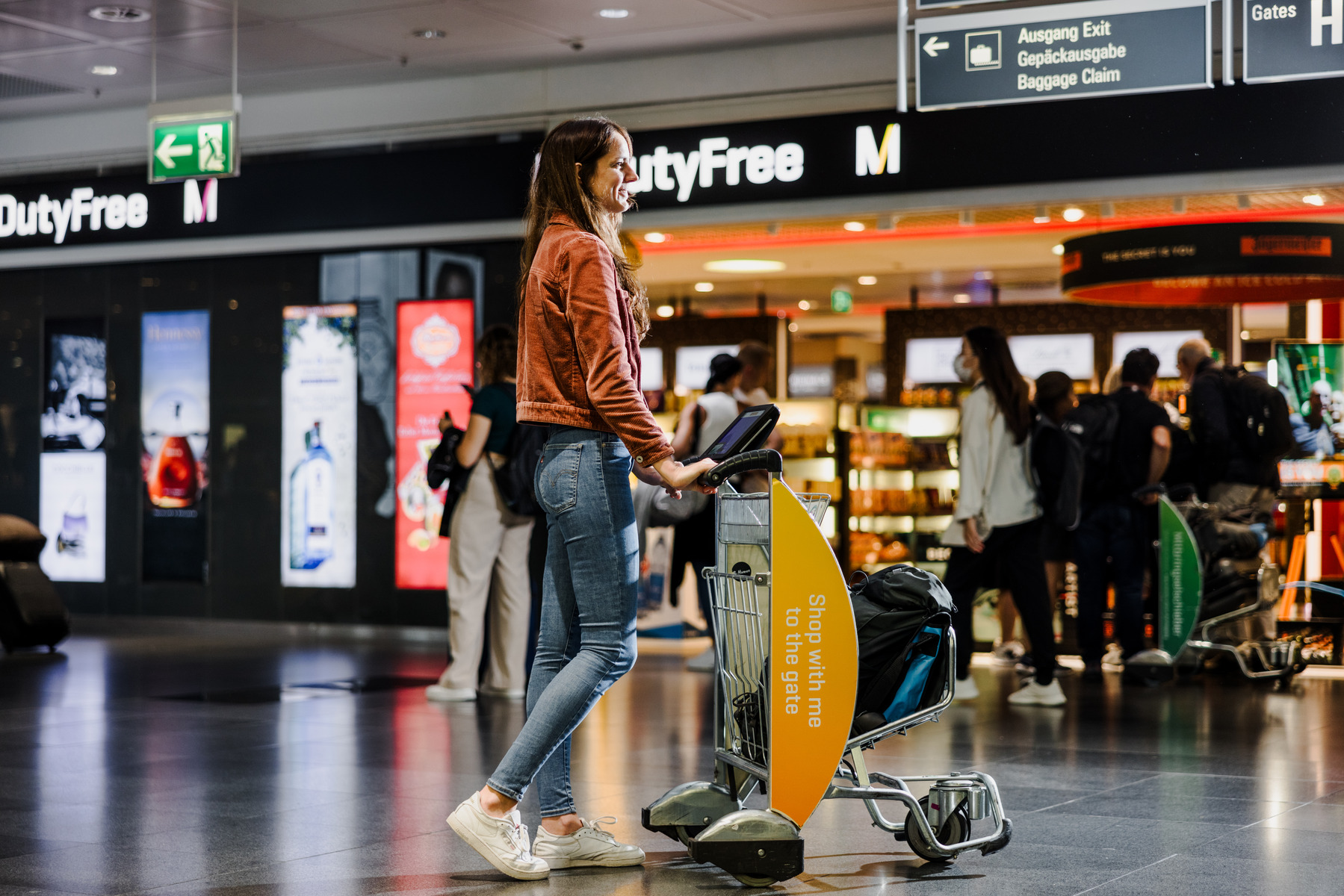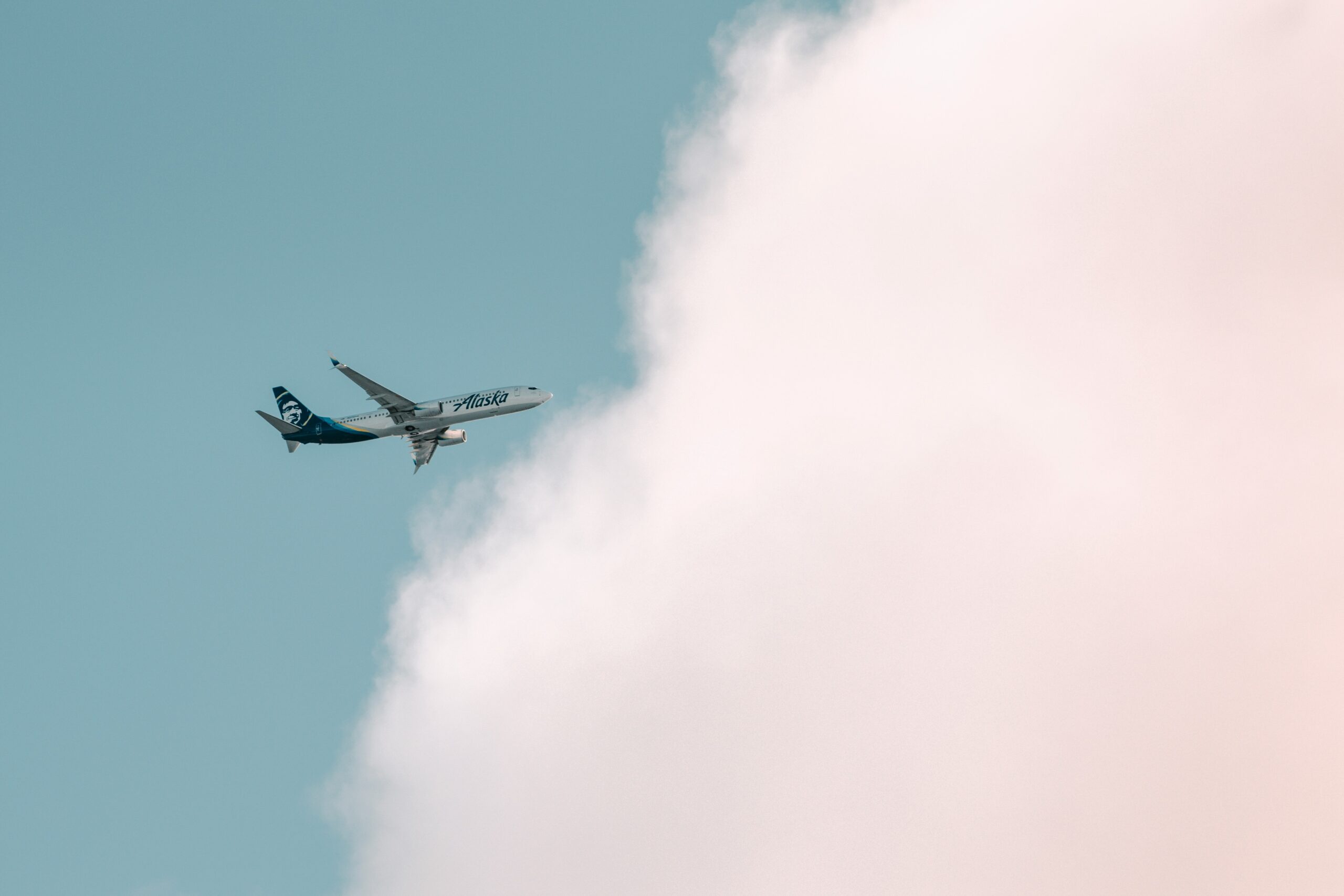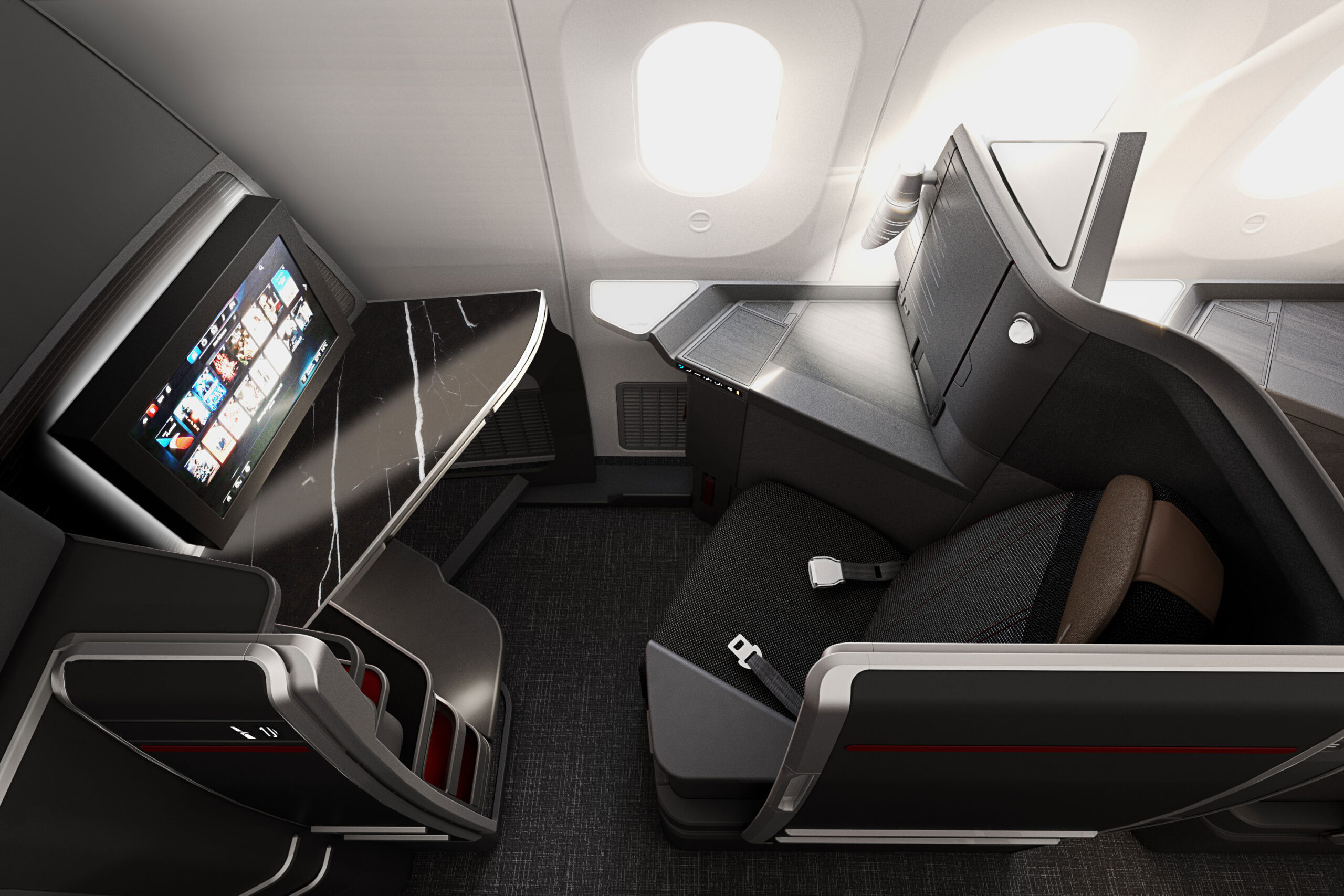Saudi Government Launches New Mega Airline, Orders 72 Boeing 787-9 Planes
Riyadh Air will serve up to 100 destinations worldwide by 2030, providing competition to Qatar Airways, Emirates, and Etihad
by Fergus Cole
March 14, 2023
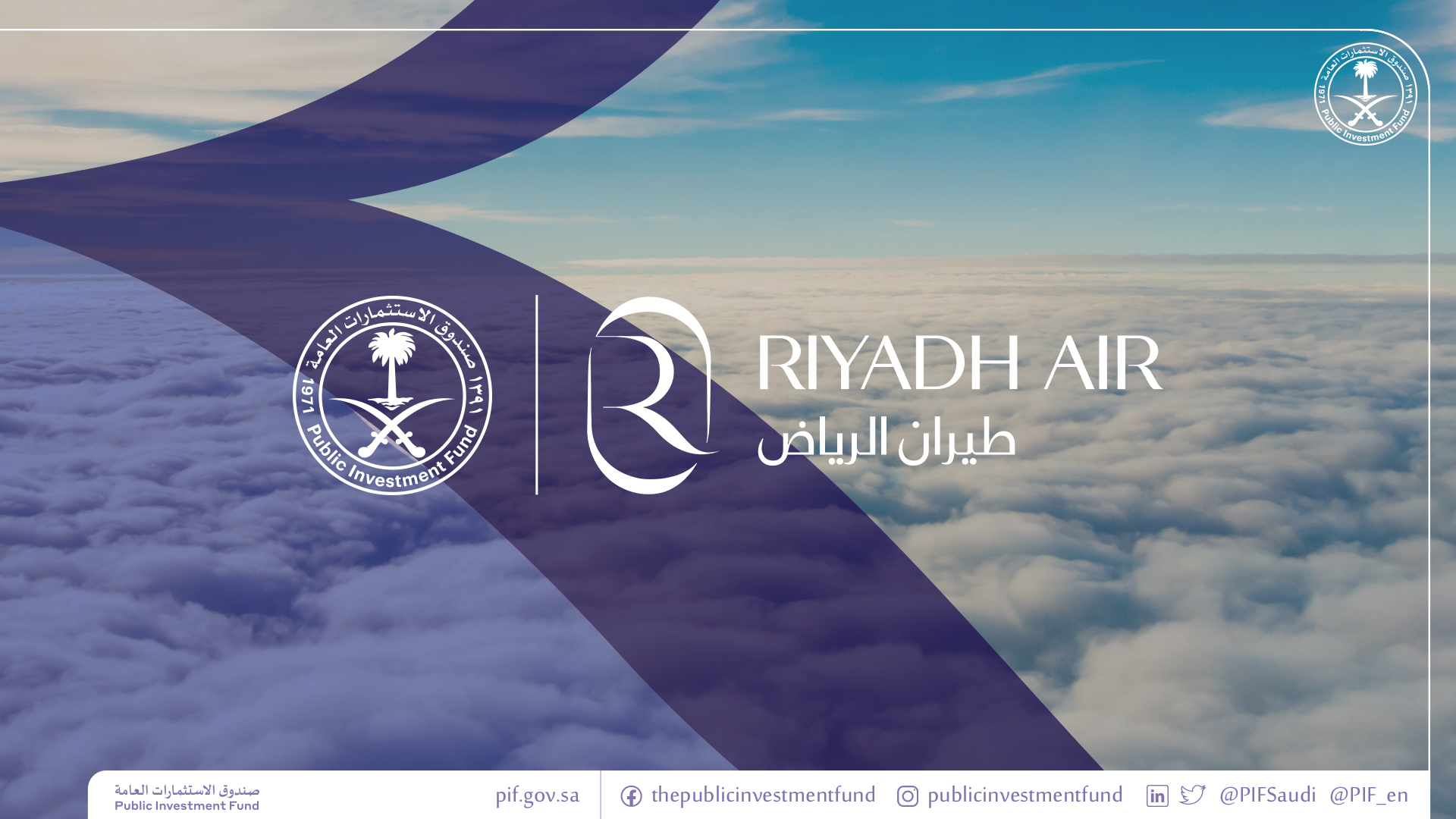
Photo: Courtesy of Public Investment Fund
The government of Saudi Arabia has announced the launch of its new national airline, Riyadh Air. The project aims to fly to up to 100 destinations worldwide by 2030.
Saudi Crown Prince Mohammad bin Salman bin Abdulaziz announced the launch in Riyadh on Sunday, March 12. He also confirmed that the new airline will be owned entirely by the country’s sovereign wealth fund, the Public Investment Fund (PIF), which prepared to invest $30 billion to establish the new airline.
Tony Douglas, the former boss of Etihad Aviation Group with over 40 years of experience in the aviation industry, has been appointed the CEO of Riyadh Air, while Yasir Al-Rumayyan, the governor of PIF, has been appointed as its chairman.
Mr. Tony Douglas has been appointed Chief Executive Officer of #RiyadhAir. He has more than 40 years of experience in the aviation, transportation and logistics industries. pic.twitter.com/acqoeswIG5
— Public Investment Fund (@PIF_en) March 12, 2023
The Saudi government intends to make Riyadh Air a global leader regarding the level of service provided. The carrier hopes to compete strongly with other major regional airlines, including Emirates, Etihad, and Qatar Airways. The new airline should also boost Saudi Arabia’s economy, with it expected to create around 200,000 jobs and add $20 billion to the country’s non-oil GDP growth.
Massive Order for 72 Boeing 787-9 Dreamliners
The new Arab startup has chosen the Boeing 787-9 Dreamliner for its long-haul network. The airline has committed to 39 787-9s and has signed options for 33 more planes. With this order, the airline aims to become one of the world’s largest operators of this Dreamliner variant.
Similarly, Saudia Airlines has confirmed an order for 49 Boeing 787-9 and -10 Dreamliners, boosting Boeing’s presence in Saudi Arabia with two landmark orders for its 787 product.
“This is a momentous day for PIF and Riyadh Air, and highlights our determination to significantly extend Saudi Arabia’s connectivity with the world,” said Yasir Al-Rumayyan, governor of the Public Investment Fund and chairman of Riyadh Air. “Our stated commitment is to create a world-class airline, and this partnership with Boeing in building the fleet is the next step in achieving the aspirations of Saudi Arabia as a global transportation hub.”
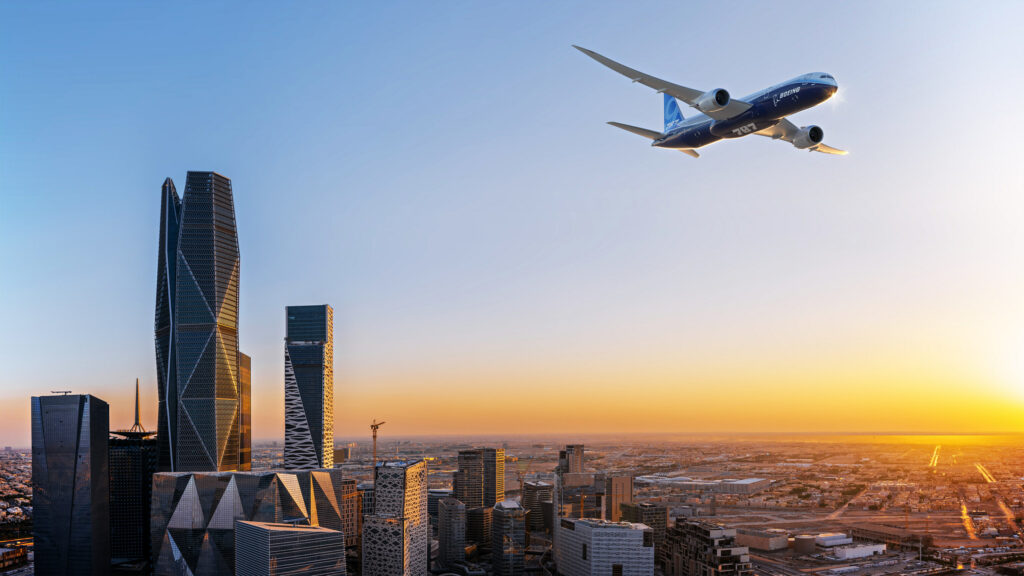
Photo: Courtesy of Boeing Commercial Airplanes
Al-Rumayyan added that he and his team look forward to “fostering strong strategic relationships within the wider aviation ecosystem as we continue to shape the new airline to become one of the leading carriers around the world.”
On Boeing’s side, Stan Deal, president and CEO of the Commercial Airplanes division, said, “We are incredibly proud of our nearly eight decades of partnership to drive innovation and sustainable growth in Saudi Arabia’s aviation sector. Our agreement builds on that longstanding partnership and will further expand access to safe and sustainable commercial air travel for decades more.”
Lastly, the new CEO of Riyadh Air and former CEO of Etihad Airways, Tony Douglas, said, “By positioning the airline as both a global connector and a vehicle to drive tourist and business travel to Saudi Arabia, our new 787-9 airplanes will serve as a foundation for our worldwide operations, as we build the wider network and connect our guests to Saudi Arabia and many destinations around the world.”
Saudia and Riyadh Air: Separate Ventures
Riyadh Air will base its operations at Riyadh’s King Khalid International Airport (RUH). However, the new airline is not expected to compete against Jeddah-based Saudia as the country’s national flag carrier. Instead, it will work alongside it as the country’s second national airline, offering different services and connecting passengers to new destinations.
It is hoped that Riyadh Air will take advantage of Saudi Arabia’s strategic location between Asia, Africa, and Europe to transform Riyadh’s airport into a major global hub for both trade and tourism and provide competition to other hubs in the region, such as Dubai International Airport (DXB) and Doha Hamad International Airport (DOH).
The development of Riyadh Air is part of the Saudi government’s plans to transform the country into a major tourist destination by 2030 in a project named Vision 2030. Another part of this plan to transition Saudi Arabia’s economy away from oil is the development of a new mega-airport in Riyadh called King Salman International Airport.
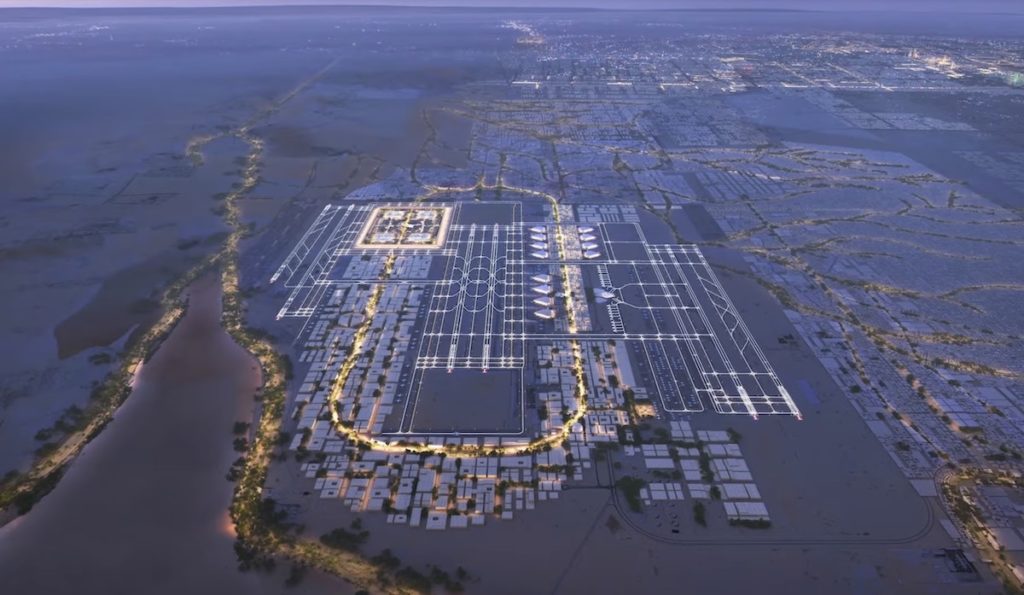
Photo: Courtesy of Public Investment Fund
Once completed, the new 6-runway airport will be one of the largest in the world and is expected to see up to 120 million passengers pass through its gates by 2030.
